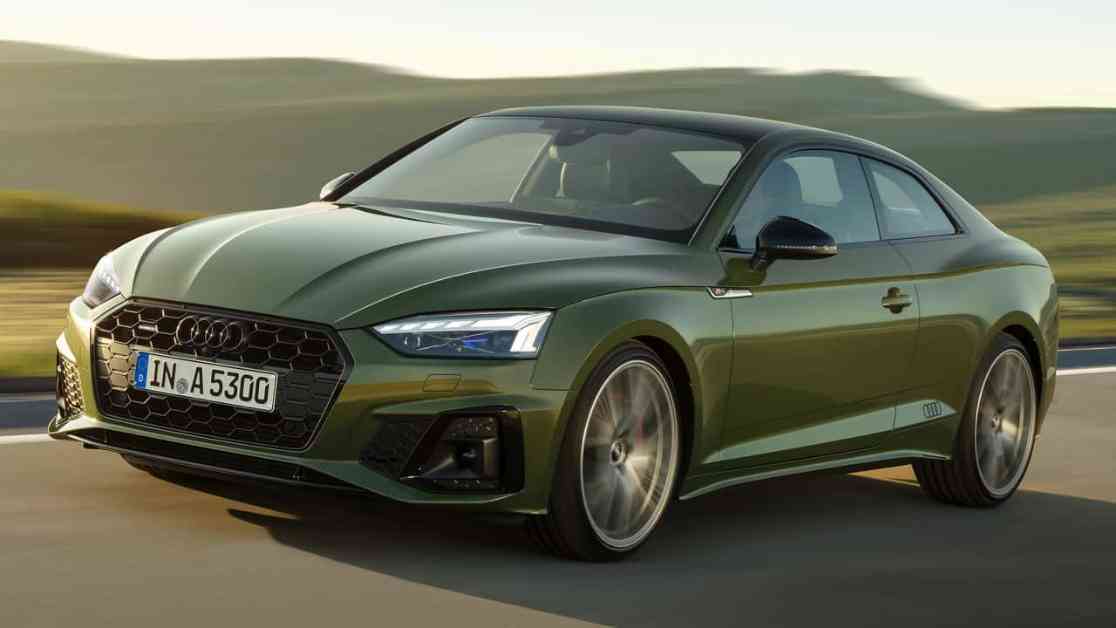Audi has officially announced that they are discontinuing the production of coupes and convertibles in their lineup. This decision comes after a series of cuts to two-door models over the past few years. The A3 Cabriolet was the first to go in 2019, followed by the TT Roadster and TT Coupe. The final blow came when the R8 supercar bid farewell to its mid-engine Coupe and Spyder versions a few months ago.
The latest casualties are the A5 Coupe and A5 Cabriolet, marking the end of an era for Audi’s two-door cars. This means that Audi will no longer be offering any coupe or convertible models in the foreseeable future. While there have been rumors of electric versions of the TT and R8 making a comeback, there is no concrete timeline for their return.
The shift away from coupes and convertibles is part of Audi’s larger strategy to transition to an all-electric lineup by 2033. This move reflects the industry-wide trend towards cleaner and more sustainable vehicles. As a result, Audi is focusing on developing new electric models rather than investing in traditional gas-powered coupes and convertibles.
While some may lament the loss of these classic body styles, the reality is that consumer preferences are changing. Practicality and efficiency are becoming more important factors for car buyers, making two-door models a tough sell. Audi’s decision to prioritize SUVs and electric vehicles aligns with current market trends and environmental concerns.
In addition to discontinuing coupes and convertibles, Audi has also phased out other models with slow sales, such as the three-door A1 and A3. The A4 sedan is expected to make a comeback as an electric vehicle in the coming years, further signaling Audi’s commitment to sustainable mobility.
Overall, Audi’s decision to focus on electric vehicles and SUVs reflects the broader shift towards cleaner and more efficient transportation. While the loss of coupes and convertibles may disappoint some enthusiasts, it is a necessary step towards a more sustainable future for the automotive industry.










